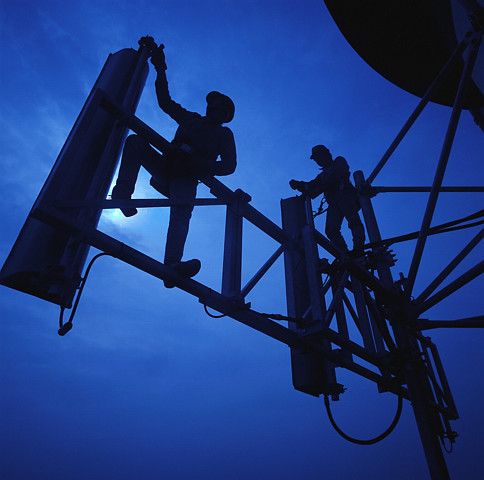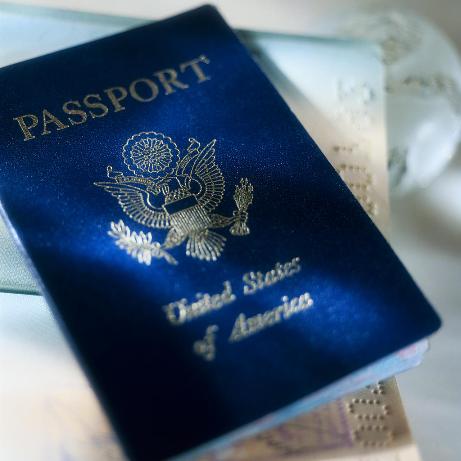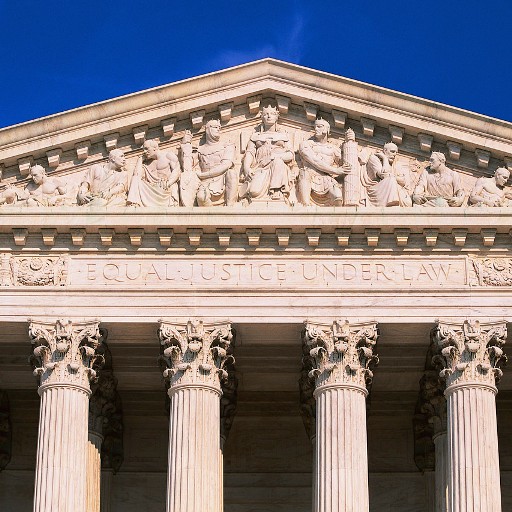Citizenship by Birth





Children born in the United States are known as “natural born citizens.” Under the 14th Amendment, “all persons born or naturalized in the United States…are citizens of the United States.” Natural born citizens of the United States receive a birth certificate upon their birth, which provides proof of citizenship. Copies of a birth certificate may be requested through the Bureau of Vital Statistics in the state in which the citizen was born.
What is Considered Part of the United States?
The term “in the United States,” in terms of geography, means all 50 states of the United States, Puerto Rico, Guam, the Northern Mariana Island, and the Virgin Islands of the United States. Those born in America Samoa or Swain Island are considered U.S. Nationals and not U.S. Citizens. For more information on U.S. National Status, please click here. Additionally, children born in the internal waters and territorial seas of the United States are considered to have been born in the United States. This includes:
- Bays, harbors, , ports, or any enclosed areas of water along the coast of the United States
- Any sea within 12 nautical miles of the United States
United States airspace is also categorized as part of the United States if it is situated above the United States, its internal waters, or its territorial seas. Proving birth in U.S. internal waters or U.S. airspace requires documentation of the birth through a vessel’s medical log or the master/captain’s log which should specify the time of birth as well as the location of the vessel when the birth occurred. If the vessel is bound for the United States, the parents of the child are responsible for reporting the birth to civil authorities and presenting documentation to U.S. Customs and Border protection.
Special Cases
All persons born in the United States who are members of a Native American, Eskimo, or other indigenous tribe are nationals and citizens of the United States at birth.
A child of unknown parents found in the United States is presumed to be a citizen of the United States until proven otherwise.
Misconceptions
Contrary to popular belief, persons born in U.S. registered vessels or aircraft outside of U.S. airspace or internal waters do not automatically acquire U.S. citizenship. U.S. registered vessels in Exclusive Economic Zones or on the high seas are not considered to be part of the U.S. U.S. registered aircraft outside of United States airspace is also not considered part of the U.S. Children born on U.S. military bases abroad or on the premises of a U.S. embassy or consulate also do not gain automatic citizenship as neither of these are part of the United States according to the 14th Amendment. Persons born in vessels or aircraft belonging to a foreign state are outside of the jurisdiction of the United States and do not acquire U.S. citizenship automatically. Hypothetically, if the United States were invaded, children born to enemy aliens on occupied United States soil would not gain U.S. citizenship.
Birth to United States Citizen(s) Abroad
If a child is born to a U.S. citizen parent or parents outside of the United States, the child’s birth should be reported to a United States consulate or embassy as soon as possible to avoid complications in granting U.S. citizenship to the child. Children born abroad will receive a Consular Report of Birth Abroad (CRBA) which documents the child’s birth in a foreign country and also certifies the child’s U.S. citizenship. The CRBA functions much like a United States birth certificate.
The process for the acquisition of U.S. citizenship by a child born abroad depends on the immigration and civil statuses of the parent or parents of the child. A child born to two U.S. citizen parents in wedlock need only prove that one of the parents has a permanent residence in the United States prior to the birth. Registering the birth in order to attain a CRBA will require the following documents:
- Form DS-2029 Application for Consular Report of Birth Abroad for a Citizen of the United States of America. Both parents must complete the entire form which is to be signed at the consular office or embassy.
- A color passport photograph of the child. Must be on white background and have a frontal view of the child.
- Proof of Citizenship for the U.S. citizen parent(s). A passport should suffice for documentation. If the parent is not in the foreign country, a notarized copy of his or her U.S. passport should be submitted to the consulate or embassy.
- Identification. Both parents should bring a valid passport of government issued ID or a notarized copy of an ID if one of the parents is unable to attend the interview.
- Birth Certificate of the Child. The parents must provide the original government issued birth certificate for the child. Birth certificates from the hospital will be rejected.
- Original Marriage Documentation
- Evidence of Physical Presence in the United States. This can include a passport showing entry and exit to and from the United States. Other ways to show physical presence include: pay stubs, transcripts from an educational institution, or medical records.
- CRBA processing fee of $100.
It is also advisable that the child apply for a U.S. passport. This includes an additional $105 fee, completed DS-11 Application for a U.S. Passport and DS-3053 Parental Consent Form.
Birth to a U.S. Citizen and Alien Parent in Wedlock
Assuming the U.S. citizenship parent is genetically related to the child, the parent must establish that he or she was present in the United States for at least 5 years, at least two of which must be after the age of 14.
Birth to a U.S. Citizen Mother Abroad Born Out-of-Wedlock
In this case, the mother only needs to establish that she was physically present in the United States continuously for 1 year prior to giving birth abroad. Of course, the mother must be genetically related to the child in order for the child to receive U.S. Citizenship.
Birth to a U.S. Citizen Father Born Out-of-Wedlock
Under Section 301(g) of the Immigration and Nationality Act, a child born out-of-wedlock to a U.S. citizen father may gain U.S. citizenship if:
-
There is clear and convincing evidence of a blood-relationship between the child and father. The most common way is to establish paternity through a DNA test;
-
The father establishes that he was physically present in the United States for at least 5 years, two of which must be after the age of 14;
-
The father had the nationality of the United States at the time of the child’s birth;
-
The father agrees, in writing, to provide financial support for the child until he or she reaches legal adulthood at 18 years of age; and
-
While the child is under 18
- He or she is legitimated
- The father confirms paternity of the child under oath or the paternity of the child is established by a competent court
Assisted Reproductive Technology (ART) Abroad
In order for a child to acquire United States citizenship abroad, he or she must have a biological connection to the U.S. citizen parent or parents. In the case of a U.S. citizen acting as a surrogate parent abroad, the child will only be eligible to acquire U.S. citizenship at birth if a U.S. citizen donated the egg or sperm. If a U.S. citizen acts as a surrogate mother for a child with donors who are not U.S. citizens, that child will not be a U.S. citizen at birth. The best way to establish a biological connection between the child and parents to determine potential citizenship acquisition is to perform a DNA test after the child is born. Laws surrounding surrogacy vary by country; it may be helpful to consult with an immigration attorney before becoming a surrogate mother.
For more detailed information about Citizenship, please visit one of the following topics: